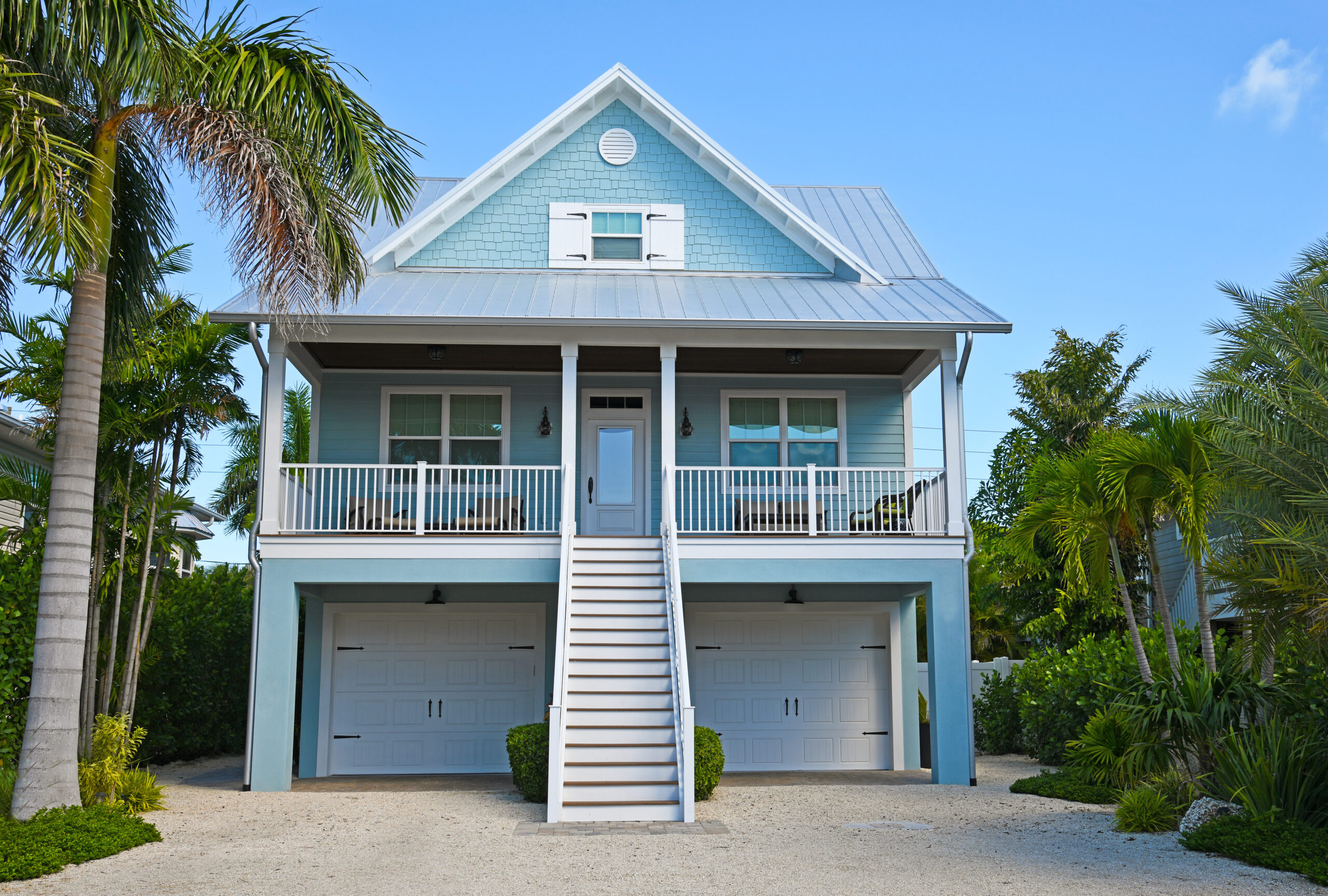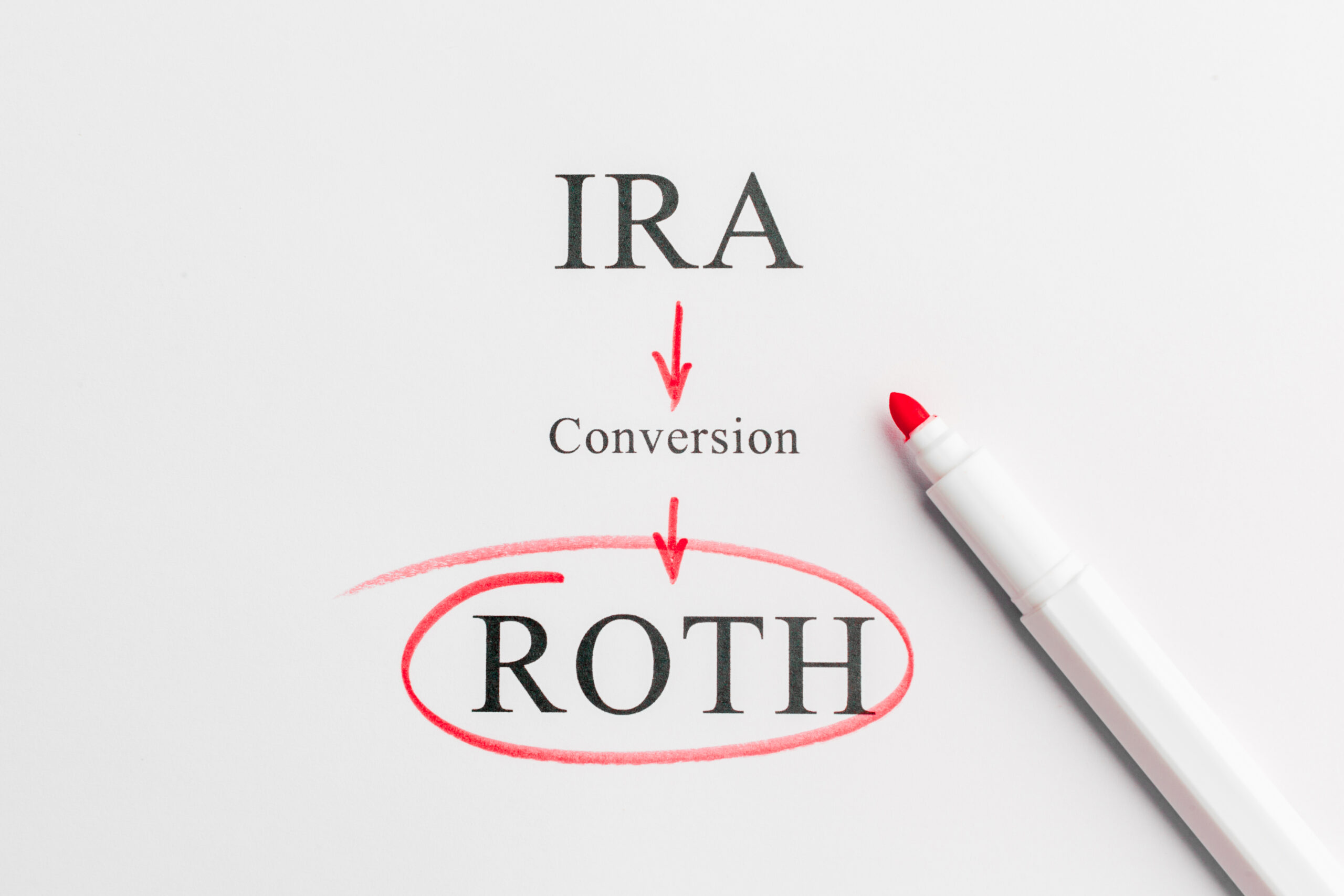As retirement brings newfound freedom and leisure time, many retirees consider purchasing a summer home as an enticing option. However, it’s crucial to thoroughly evaluate the advantages and disadvantages before making such a significant investment. This guide explores the pros and cons of buying a summer home specifically tailored to retirees, helping them make an informed decision about this potential lifestyle choice.
Pros of Buying a Summer Home for Retirees:
-
A Serene Retreat: Owning a summer home offers retirees a tranquil getaway where they can relax and escape from the hustle and bustle of daily life. It provides an opportunity to enjoy peaceful surroundings, pleasant weather, and a change of scenery.
-
Familiarity and Comfort: By purchasing a summer home, retirees establish a consistent and familiar environment, eliminating the need to search for vacation rentals each year. It allows them to create a space that reflects their tastes and preferences, offering a sense of comfort and belonging.
-
Investment Potential: Depending on the location and market conditions, a summer home can serve as a viable investment opportunity. It has the potential for appreciation over time, which can contribute to the retiree’s overall financial well-being.
-
Family Gathering Place: A summer home can serve as a hub for family reunions and gatherings. It provides a dedicated space for creating lasting memories with loved ones, fostering a sense of togetherness and connection.
-
Rental Income: Retirees who purchase a summer home in a desirable location can choose to rent it out during periods when they’re not using it. This rental income can help offset property expenses, making the purchase financially beneficial.
Cons of Buying a Summer Home for Retirees:
-
Financial Considerations: Acquiring a summer home requires a significant financial commitment. Retirees must evaluate the costs associated with the property, including the initial purchase price, property taxes, maintenance, insurance, and utilities. These expenses may strain their retirement budget.
-
Seasonal Limitations: Depending on the location, summer homes may have limited use throughout the year. Retirees must consider whether they will fully utilize the property or if it will remain vacant during certain seasons, potentially reducing its overall value.
-
Maintenance Responsibilities: Summer homes require regular upkeep, which can be physically demanding and time-consuming. Retirees must be prepared to address maintenance tasks or allocate funds for professional services, adding to the overall cost of ownership.
-
Travel and Distance: Retirees who choose a summer home in a different location may face challenges related to travel and distance. Regularly commuting between the primary residence and the summer home can be tiring, costly, and potentially inconvenient, affecting their overall enjoyment.
-
Ties Up Financial Resources: Purchasing a summer home ties up a significant portion of the retiree’s financial resources. This may limit their ability to diversify investments or allocate funds for other retirement goals, such as healthcare expenses or leisure activities.
Conclusion: Before making the decision to buy a summer home, retirees must carefully evaluate the pros and cons. While a summer home can provide an idyllic retreat and potential financial benefits, it also comes with financial obligations, maintenance responsibilities, and potential limitations. By considering these factors and assessing their individual circumstances, retirees can make an informed choice that aligns with their retirement goals and financial capabilities.






